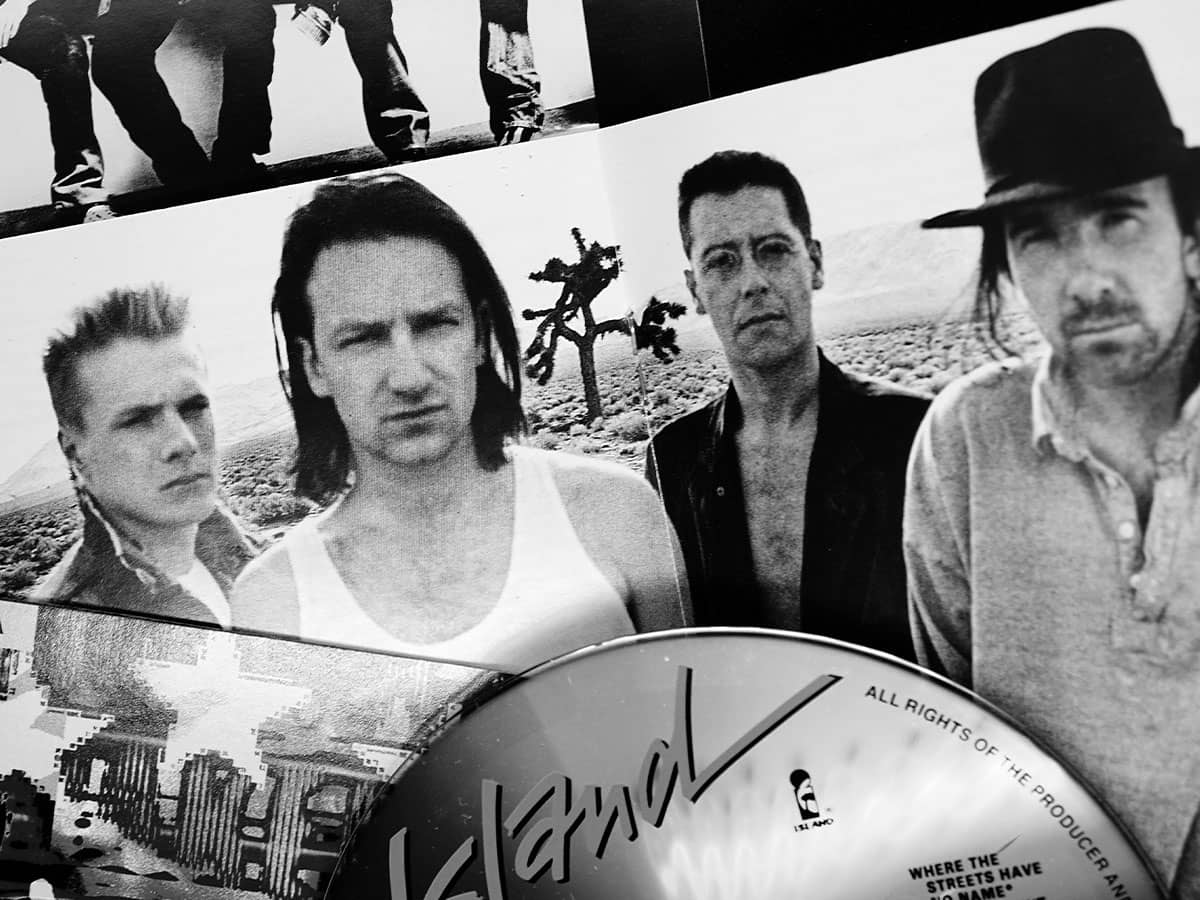"Black on Both Sides," his 1999 breakthrough album, has the same effect: witty title, and a look that's all about street cred. But the first words the listener hears are "Bismillah ar-Rahman ar-Raheem" ("In the name of God, the most gracious, the most merciful").
Islam has long played a prominent role in hip-hop. Among early rap groups like Afrika Bambata or mid-'80s groups like Poor Righteous Teachers and Big Daddy Kane, the Islamic inclinations were more implied than explicit. But by the '90s, Public Enemy was openly praising Nation of Islam leader Louis Farrakhan, and references to the 5 Percent Nation of Islam (a spin-off of the Nation of Islam) were popping up on albums by the Wu Tang Clan and Busta Rhymes. Especially when the topic is social justice, an Islamic understanding has been a hallmark of socially conscious hip-hop.
Mos Def, however, represents arguably the first time that an artist, solidly wedded to the orthodoxy of the religion, has stepped into mainstream popularity with a complete, well-articulated Islamic message as part and parcel of that popularity.
Born Dante Smith in 1974, the 27-year-old Brooklyn, N.Y., native first learned the importance of Islam from his father, who was a member of the Nation of Islam before becoming an active member in the community of Imam Warithdeen Muhammad (the son of Nation of Islam founder Elijah Muhammad who brought the Nation of Islam into orthodoxy in 1976).
Raised by his mother in Brooklyn, across the river from his father's home in New Jersey, Mos didn't receive a formal introduction to Islam until adolescence. "I got my first exposure to Islam when I was 13," says Mos. "My dad taught me how to make wudhu [the ritual ablution Muslims perform before prayer]."
It wasn't for another six years, when he was 19, that he took his shahada, the Muslim declaration of faith. He'd gotten there by reading and personal reflection and after getting to know other Muslim rappers, like Ali Shaheed Muhammad and Q-Tip of the group A Tribe Called Quest.
Since then, Islam has been the cornerstone of Mos' life and of his socially and spiritually themed music. "You're not gonna get through life without being worshipful or devoted to something," says Mos. "You're either devoted to your job, or to your desires. So the best way to spend your life is to try to be devoted to prayer, to Allah."
Tackling a broad swath of issues that include water rights, African American self-esteem, and the destiny of humankind, Mos enlightens the listener as well as entertains. Taking on such issues, he says, is an Islamic mandate. "If Islam's sole interest is the welfare of mankind, then Islam is the strongest advocate of human rights anywhere on Earth," says Mos.
Mos' vehemence is somewhat rare in a hip-hop culture dominated by superficiality. Lyrics these days bet heavily on the financially successful triumvirate of sex, violence, and materialism. Mos Def credits his parents with guiding him away from such negative content. His father has been advising him on professional decisions for several years now. "My parents have been vocal and influential in all the decisions I made in my life," says Mos. "It made sense to me to include [my father] officially and to include my mother officially cause she'd been there from the beginning. You need to have that synergy--because who really cares the most about you?"
This family-oriented approach is most evident in Mos' choices about his management. His mother, Sheron, and father, Abdul Rahman--whom he refers to affectionately as Umi and Abi--handle everything, from media calls to general management and corporate strategy. Mos' brother tackles technical matters in the studio, and when it's time to hit the road, the entire clan travels together. "I just try to stay around the right people," says Mos. "I try to stay around family...[try] to stay around people who believe what I believe and [beg] Allah to help me."
His strategy has worked. After the critical acclaim for "Black on Both Sides," Mos was tapped by MTV last year for a recurring role on "The Lyricists Lounge Show." He also appeared in Spike Lee's "Bamboozled" and ABC's "NYPD Blue." Then earlier this year, Nike gave its seal of approval by choosing his track "Umi Says" to score commercials launching Michael Jordan's "Brand Jordan" Nike division. "They just called and said, 'Mos, we'd like to use 'Umi Says,'" he says of the low-key negotiations. "That was it...I wasn't savvy in my presentation at all. It was very natural and plain.
"That's really just somebody in his organization or [Jordan] himself just really responding to the song," Mos says. The 30-second spots feature Jordan and other athletic standouts such as NBA stars Ray Allen and Eddie Jones, New York Yankee Derek Jeter, and world champion boxer Roy Jones Jr.
In speaking with Nike representatives, Mos raised his concern about allegations of sweatshop conditions at some of Nike's overseas plants. "I voiced pretty early on that the corporation has a little bit of a shadow cast on it, on its character," says Mos. "And it was something that was very personal to me. And we made a verbal agreement that they would make a donation to some community-based organization of my choice, to at least say that they're giving something back."
Giving back to the community is a high priority for Mos. Last spring, he performed at a benefit for breast cancer awareness in Lake Tahoe, Calif., and he will perform in Los Angeles at a benefit to support the legal defense fund of national Muslim leader and former Black Panther activist Imam Jamil al-Amin (formerly H. Rap Brown), who is awaiting trial in Atlanta on controversial murder charges.
Social activity is part of Mos' mission as a person--as a Muslim--of conscience. "I'm just trying to do the best I can with what it is I have and begging Allah to help me."

